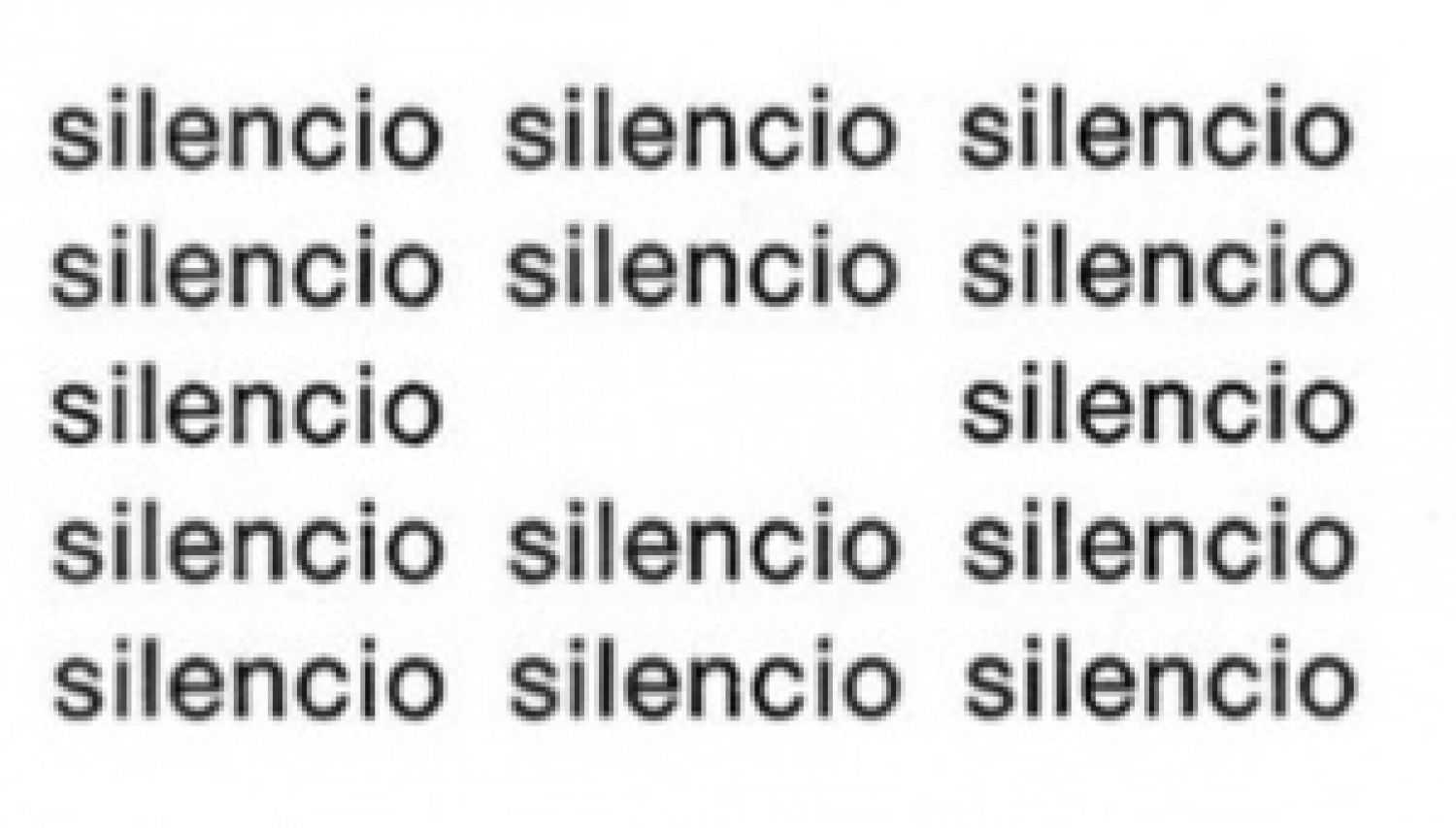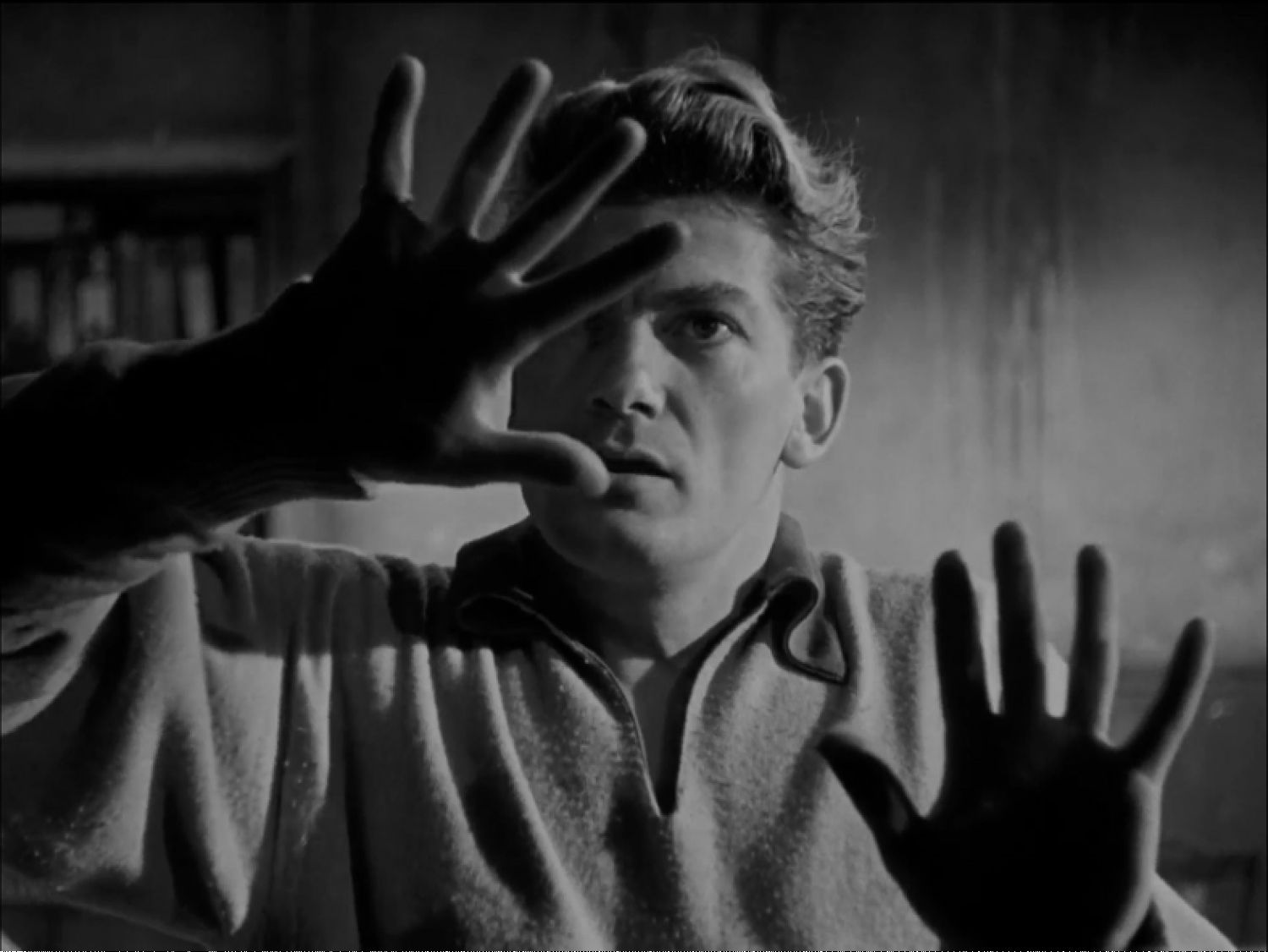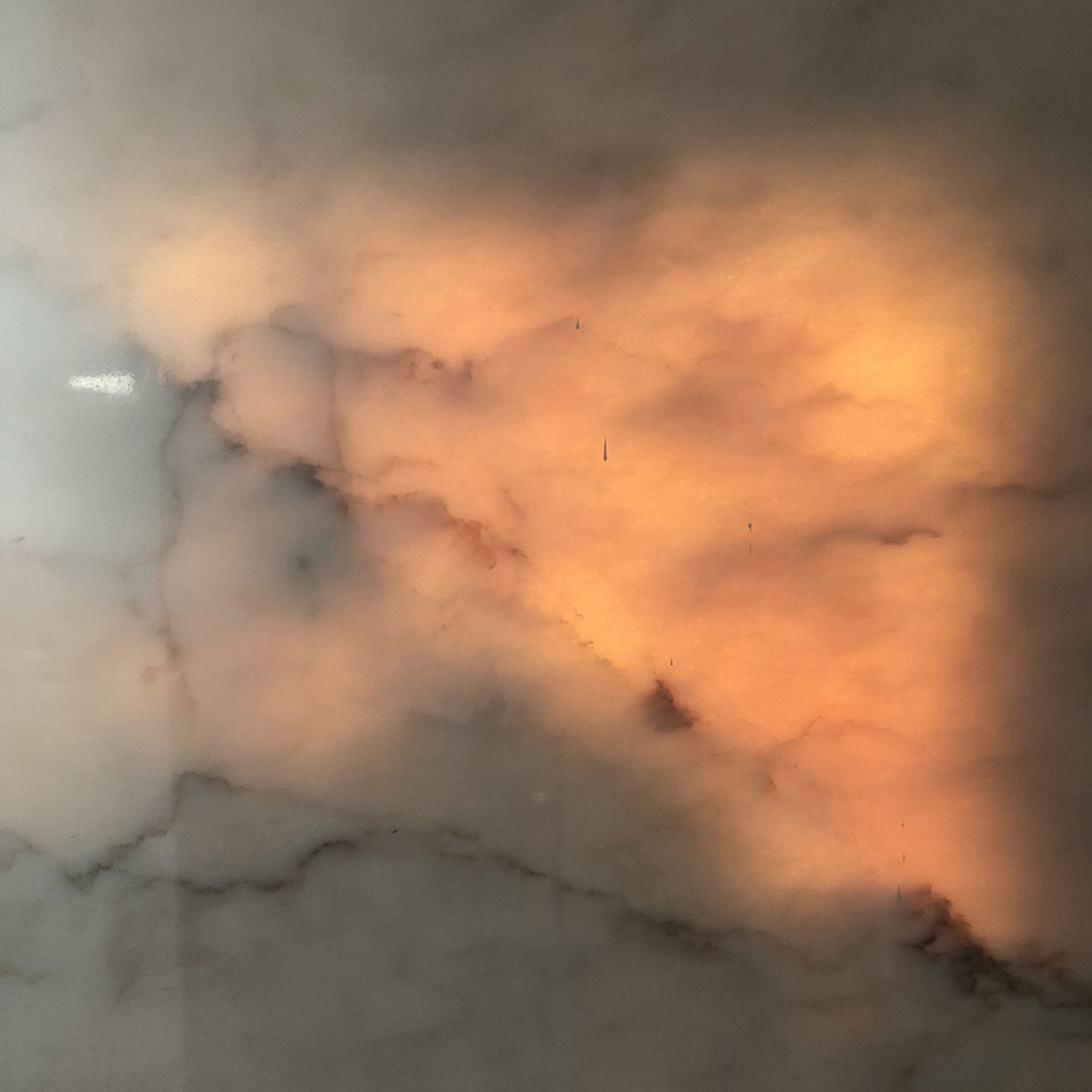« – Even those born here want to leave»
Maria Trabulo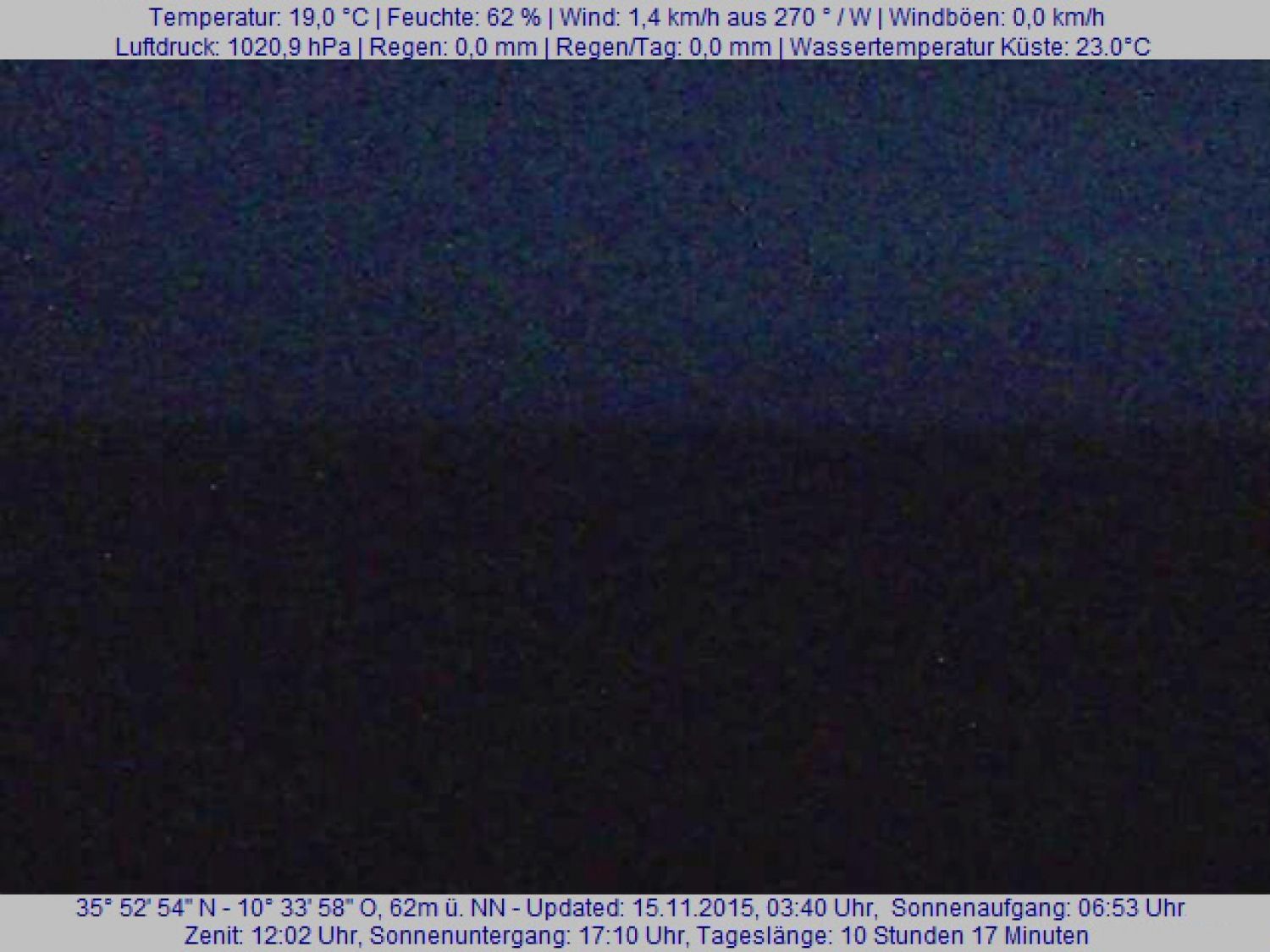
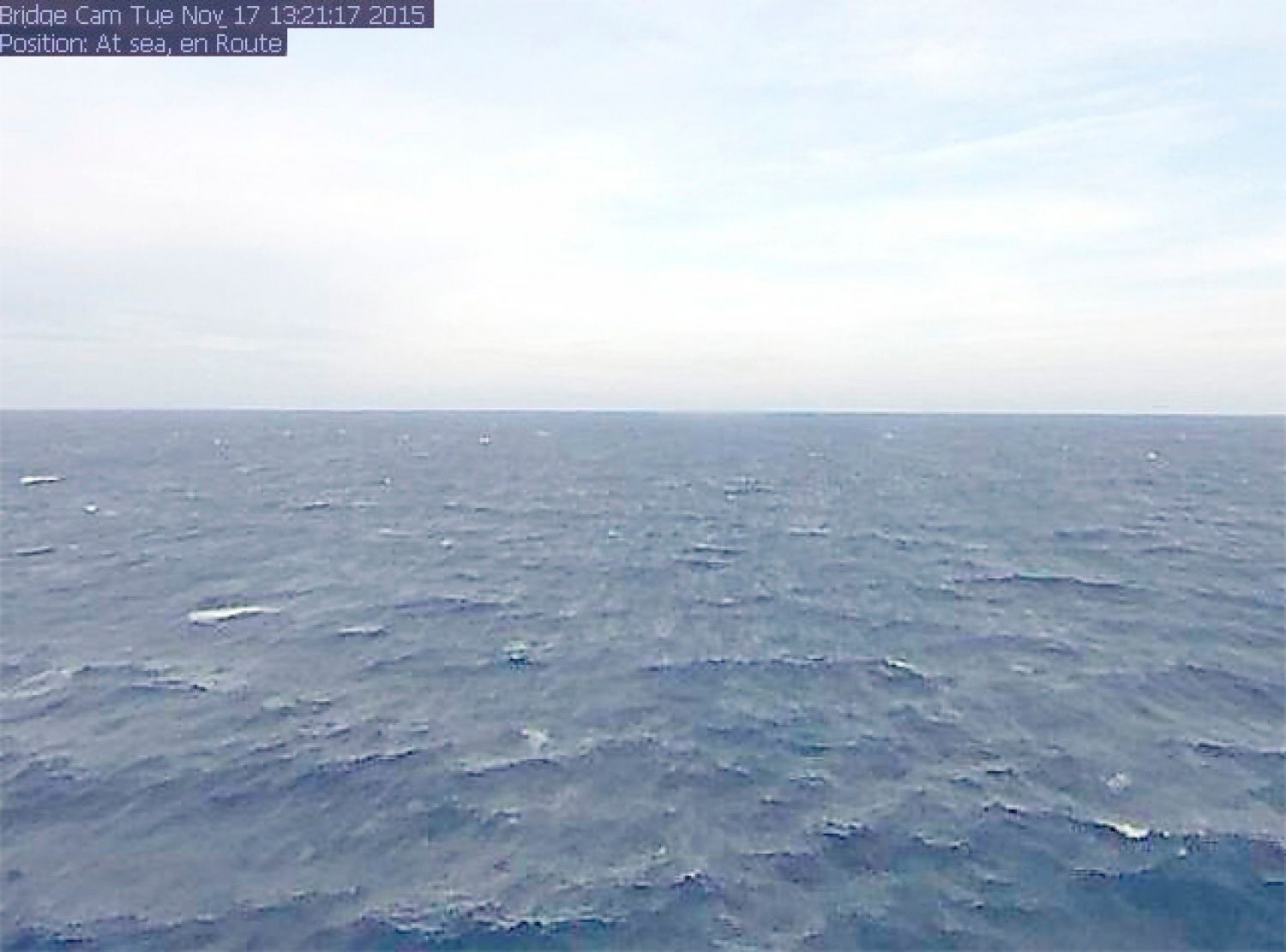
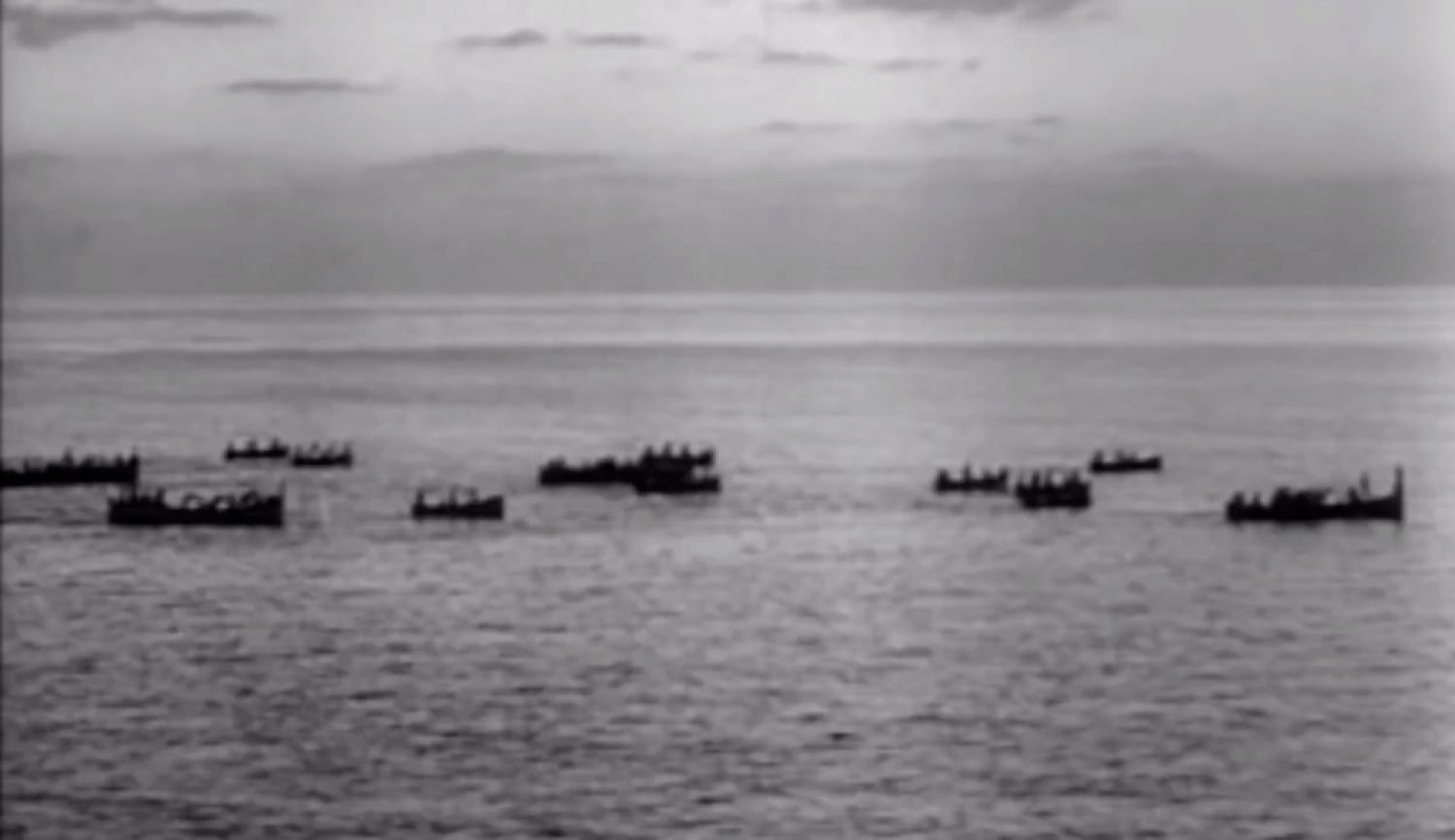
« – Even those born here want to leave» says Karin, Ingrid Bergman's character in Rossellini's Stromboli (1950) as she unburdens her muffled thoughts to the local priest at the small island of Stromboli.
Rossellini's Karin is a displaced Lithuanian who finds herself in Stromboli seeking a better life, only to realize that any expectations from that place were far closer to fiction than to reality. Bergman's character in Rossellini's film may be a fictional representation, but is nonetheless a depiction of an imaginary sprouted by the Mediterranean Sea, the one Karin stares at, neither in struggle nor in fear, but as an unfitted foreigner in a state of unbecoming.
Intangible shore
That afternoon in Pizzo on my second day in Calabria, I met Maristella. I had travelled to Italy in the course of the artist residency at Cinema Mele, in what became my first stay in that country and surely the first time I had seen the Mediterranean Sea with no screen to mediate this experience. I mentioned this to Maristella as we drank tea sitting at the terrace of Cinema Mele, by the Mediterranean. Since I had arrived, that constant blue horizon everywhere I looked in the house, reminded me of a project I had done in 2014, where I collected images from webcams of holiday resorts located in beaches along the Mediterranean where there was a great influx of immigrants from Northern Africa: Lampedusa, Italy, the Spanish coastline, in Southern France, and Greece. These cameras, would always provide a sight of the beach and the sea till the horizon, which is why I couldn't help but being reminded of FEDEX's surveillance cameras watching out for boats of smugglers, when I first encountered them. I compiled twenty of these photographs in a newsprint artist book, later first shown at a solo exhibition in «Escritório» in Lisbon curated by António Bolota. But this was in February 2014 when the refugee discussion was far from being a buzzword in the media, and even less a hot topic for European countries, the EU Parliament and UN plenary meetings. Maristella nods her head as if agreeing that the situation was different back then, suggesting that the situation might return to that state, «[l]ike the Sea in front of us, people go through waves, they forget,» she says.
In 2014, whilst searching those webcams, it is likely that I came across Vibo Marina, the village where Maristella works, fifteen minutes away from Pizzo. She laughed at the thought of a webcam existing around her transmitting a live feed of the Mediterranean she grew up seeing. I asked her if she thinks the people she works with daily had ever watched those images too. The idea of someone looking at them before embarking a boat that takes them from Libya to Italy disturbed her.
Intangible placement
We proceed talking about my interest in nomadism and migration, observed through globalization and multiculturalism in Europe's melting pot, and how it started already in 2012 during an artist residency in Kassel where I developed a work with foreign artists who were not German (Austria, Portugal, Brazil, South Korea, Iran, China, Kenya, Russia, Argentina, Turkey, Japan, Byelorussia, Bulgaria, Ukraine, Mesopotamia) but had somehow ended up in Kassel for the most varied reasons (studies, work, family, love, war, censorship, equality of rights, etc.). I tell her how and why I moved to Austria, and that I am currently attending the Angewandte Akademie in Vienna conducting a research on these topics, a location that this summer unexpectedly became a pit stop for the presently ubiquitous stream of refugees towards Central an Northern Europe.
Maristella never left the city where she was born in, Pizzo, and has for the past year been working with Speranza, a refugee center for adolescent refugee boys that were found ashore in Italian waters. She describes her responsibilities inside the center as a Cultural Communicator. Being the only employee fluent in Italian, French and English has made her the only person capable of verbal communication with the boys that the center hostsuntil they are able to speak Italian. Speranza, the center, is dedicated to welcoming and sheltering 70 young boys aged between 16 and 18 who have travelled to Italy from Libya in a boat. Nigeria, Mali, Senegal, Guinea, Costa D'Or, Libya, Bangladesh, Pakistan, Chad, Gambia, Morocco, Cameroon are commonly their countries of origin. Despite the present conflict, the center had never received a Syrian boy till that day, it deals with a migration that derives mostly from Africa, and that has been more or less constant over the past decades. «The surprise comes», Maristella notes, «from the fact that no that much attention was given to this situation before, just since 4 years when the boats started to arrive more often.»
Intangible wait
History shows us that crossing territories in search of better living has for long been a natural behavior of the human being, for centuries have people crossed the Mediterranean in boats, whether from Africa to Europe, or the other way around. In Italy, particularly in the Calabria region, where Maristella and I met each other overlooking the sea, sighting small precarious boats on the horizon carrying dozens or hundreds of people, was as natural or normal as that same horizon. The Italians have accommodated the sea in their lives, and with it whatever it transports, be it fish or people. This occurrence «is an element of this place's normality, so to speak, and with it the long bureaucratic processes of attributing asylum, and the lag European reaction have become ordinary,» noted Maristella as she went on explaining that the Italian government should be able to deal with an asylum request within one month but that the process, however, takes one year or longer to become finalized. A waiting period that has forced refugee centers to adapt, and Speranza is no different. During that year, and because the refugees are legally not allowed to travel elsewhere, the center becomes a temporary home for 70 young men, the place where they sleep, cook, eat, fight, cry, make peace, love, contact the families, learn the language and acquire practical skills in disciplines (such as mechanics, wood and metal work) that might help them finding a job once they are allowed to leave.
Intangible departure
Life is spent in between the refugee center and wandering around Vibo Marina, not legally allowed to look for a job or leave Speranza until the bureaucratic paperwork is finalized, and in attempting to gather more money than the one the Italian government aid offers, a few of them beg, work illegally, or end up in dealing with prostitution and drug trafficking, contributing to the negative impression that the locals may already have on them. Most of them do not wish to live inside the center: it does not comply with the image they had created of how their lives would be. It isn’t what they heard being described before departing. As a consequence of this feeling, most of them do not intend to stay in Italy, and eagerly wait for the year to end so they can head up North. I can't help but wondering whether the worst part of their journey to Europe is the crossing of the Mediterranean, or dealing with the conception that their journey has just begun in the moment they arrive.
Intangible blue
From Cinema Mele it's hard to escape the vision of the Sea. Constructed on top of a cliff, the Mediterranean crashes its waves against the natural foundations that hold the building. Every morning I would wake up to the blue horizon outside the window, and at night sitting outside at the terrace, I could listen the sound of these waves crashing and fell the salty breeze that transporting the fresh seaside smell. One wouldn't need to see the Sea to know that it is there. Inside the cinema, the projection screen faces the Mediterranean, from the middle of the stage looking towards the empty chairs, one can see its blue horizon at the very back through a window. For decades was Mele a place for screening fictional stories, the Mediterranean has for centuries been that space.
The day after, I embarked on a boat trip to Stromboli, it distances three hours from the coast. Shortly after departure, I'm instantly reminded of Rossellini's Stromboli and the scene during the eruption where the villagers flee inside the small fishing boats and row to the shore, to safely wait for nature to calm down, spectators of its sublime fury. This image comes to my mind as we sail by dozens of Italian Coast Guard boats that arranged in a line seem to aspire to become a fictional scene in the Italian cinema. Nevertheless it is a that line clearly stakes out two territories, an unusual scene in sea waters.
Stronger than the sight of a black mountain in the middle of the sea overflown by clouds and smoke, were the nine hours surrounded by water, spent inside the boat and hiking in the island. Nine hours observing the movement and variations in color the Sea had acquired throughout that period of time. One can't just describe the Mediterranean as Blue.
Intangible encounter
Frustration comes with struggling to become part of something, like Karin in Stromboli, of getting closer and closer, but failing to be allowed in, or at least, for now. To the young men living in SPERANZA, that though in Europe, are not allowed freedom outside of the bureaucratic system that concedes it. I'm invited to visit the center, Maristella wants to introduce me to the other workers and some of the boys living there, thinking that my presence there could be positive for both, them and me. This became unattainable the morning after, as her superiors did not allow me in. Without further explanation, I just couldn't enter. The Italian legal system forbided me to visit the center, the same legal system that prevents the refugees from visiting a life outside of Vibo Marina. To every obstruction there is a detour, and Maristella offered herself to create such access to that intangible place, establishing an online communication between me, the boys, and the other workers at Speranza, which she would herself mediate.
Intangible arrival
Over the course of my first email exchange and Skype calls with Maristella and the boys at the center, I would go back to the day I visited Stromboli, the astonishing impression with Mediterranean I was left with, and its subtle changes of color across time. Hearing me through the screen describing my experience, those boys understood what I meant, they had crossed it, they had seen it from one shore to the other, they had seen it day and night, they had loved and hated it, and they had overcome it. I proceed in explaining how much I would be honored to collaborate with them in a project that would reflect our impressions of those personal experiences, to which many were immediately eager in participating. We've remained in contact since the 16th of October, through Maristella, having exchanged impressions of that memory we share in common: the color of Mediterranean Sea.
How can one describe the experience of crossing the Mediterranean Sea through the definition of its color, or how can one define the color of the Mediterranean through the description of a journey and without mentioning the word blue? « – Even those born here want to leave» is the work currently in progress that has been developing from this question and the experiences above described, it seeks to define a color of the Mediterranean based on the experience of crossing it, not necessarily questing to synthesize one unique crossing experience. On one of first Skype calls we had, after hearing me speak, I remember one of boys commenting « – In Libya the sea is black, and in Italy it is blue.»
–
Images:
1. View of the Mediterranean from a webcam installed in a boat navigating by the Lybian shore (Source: www.webcamgalore.com)
2. Eruption Scene, Roberto Rossellini, Stromboli Terra di Dio, 1950 (Source: Youtube)
3. View of the Mediterranean from a webcam installed in a boat navigating by the Italian shore (Source: www.webcamgalore.com)
